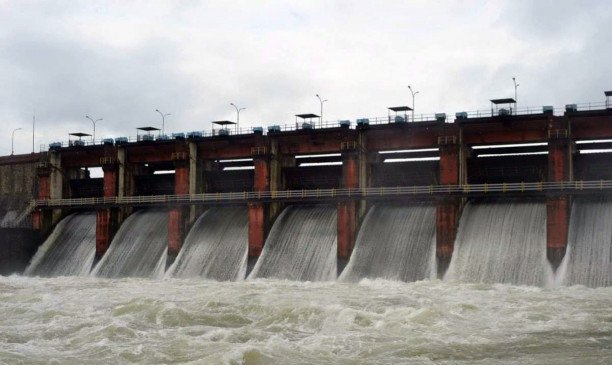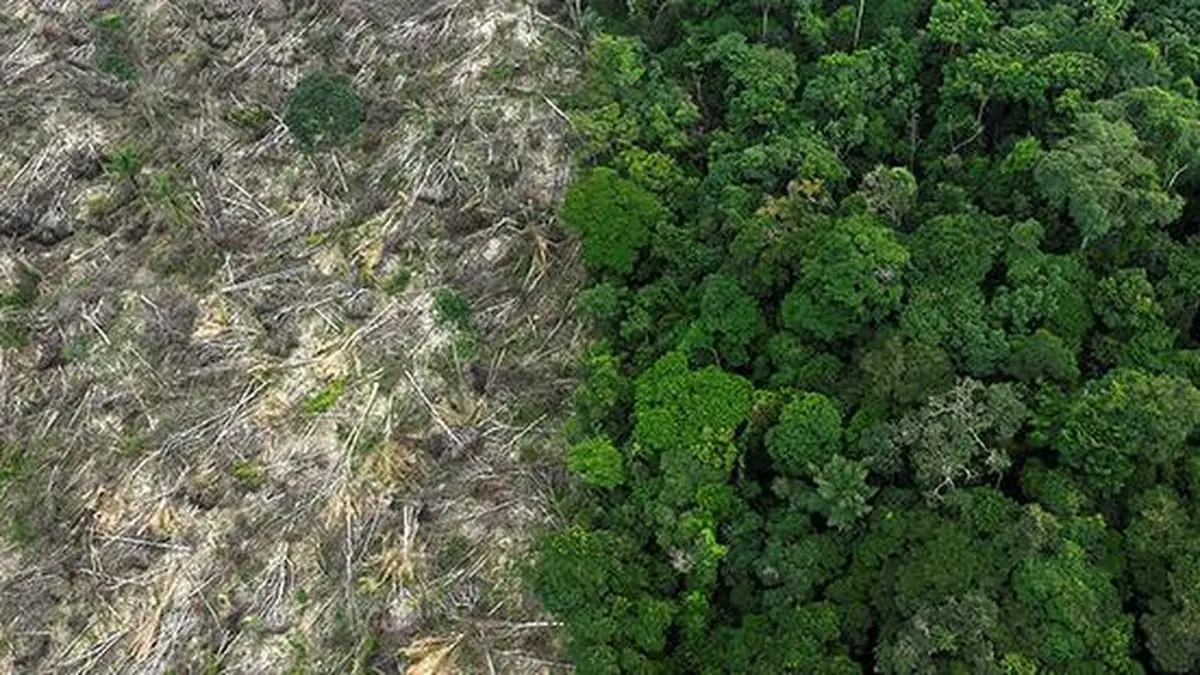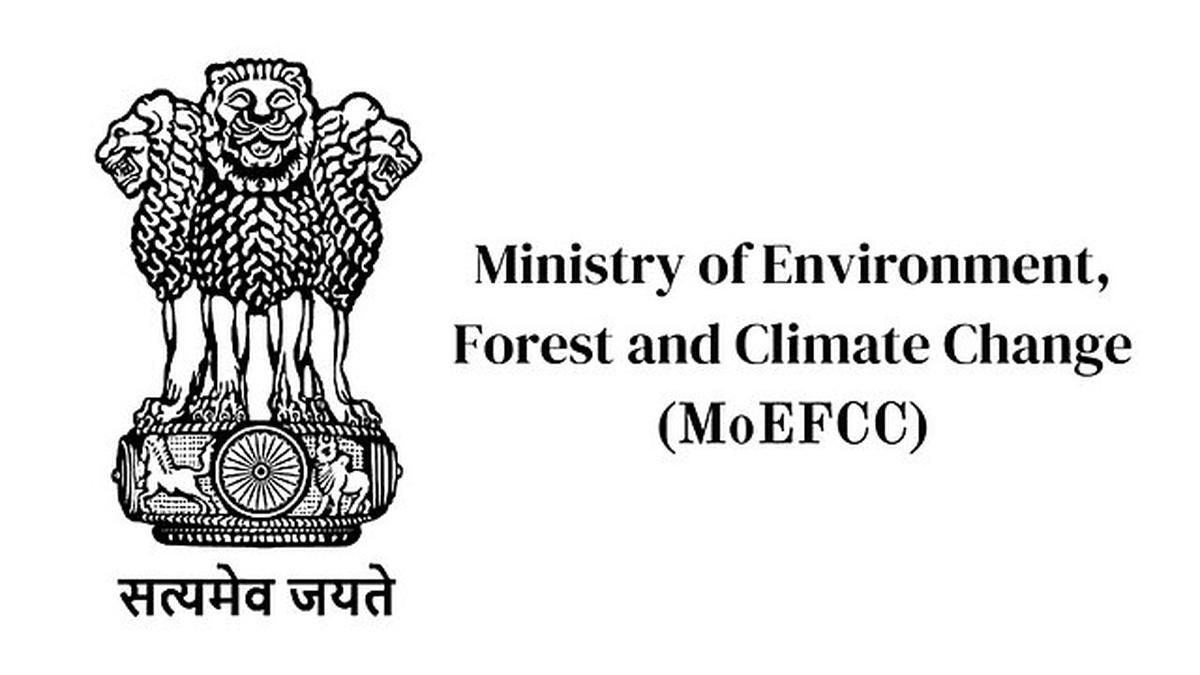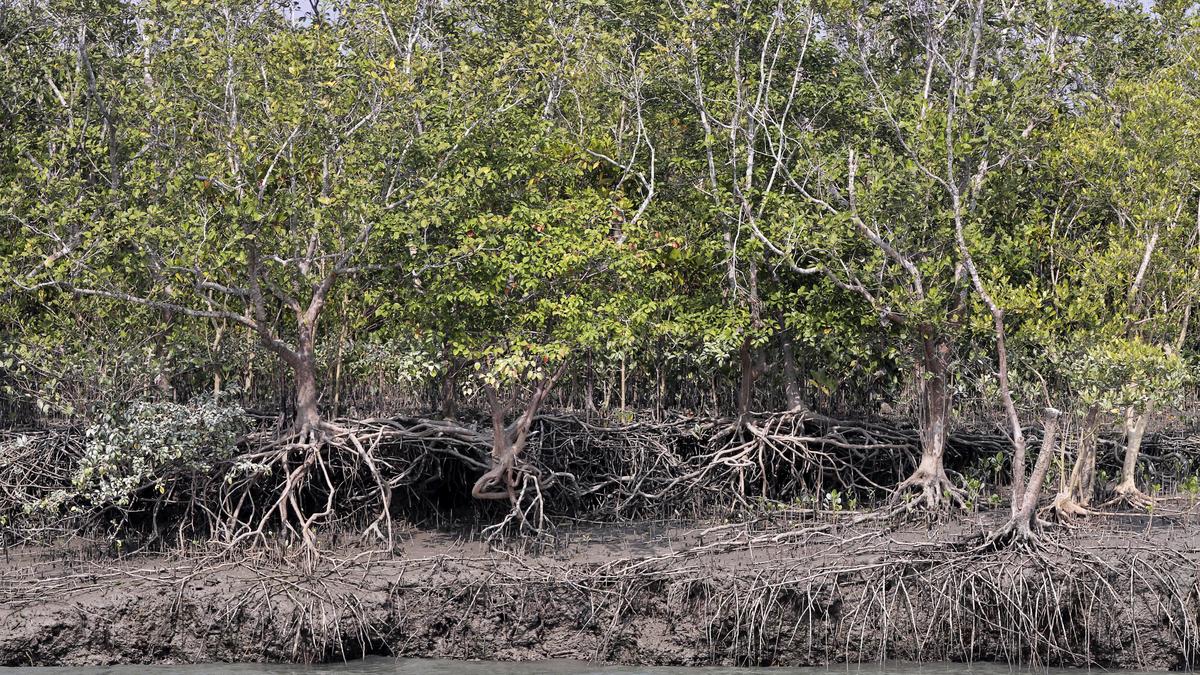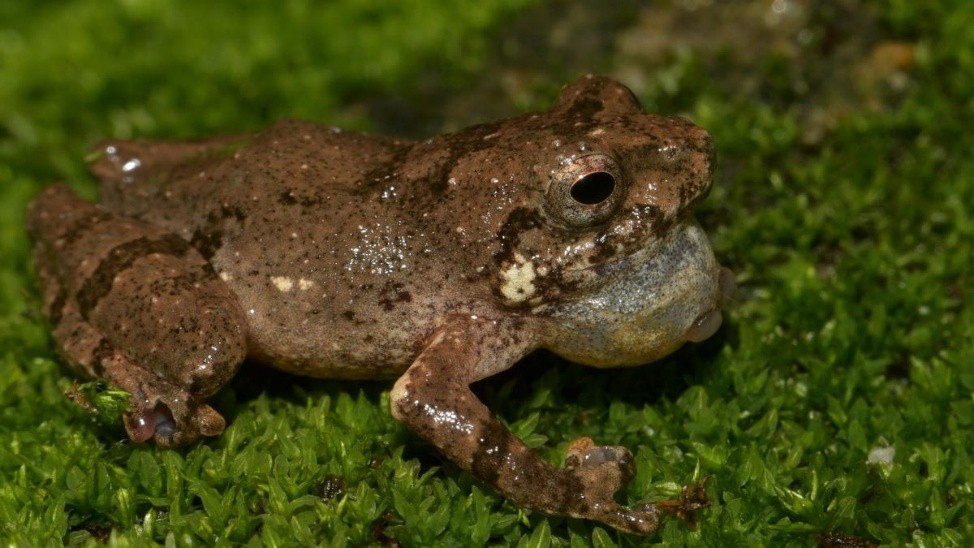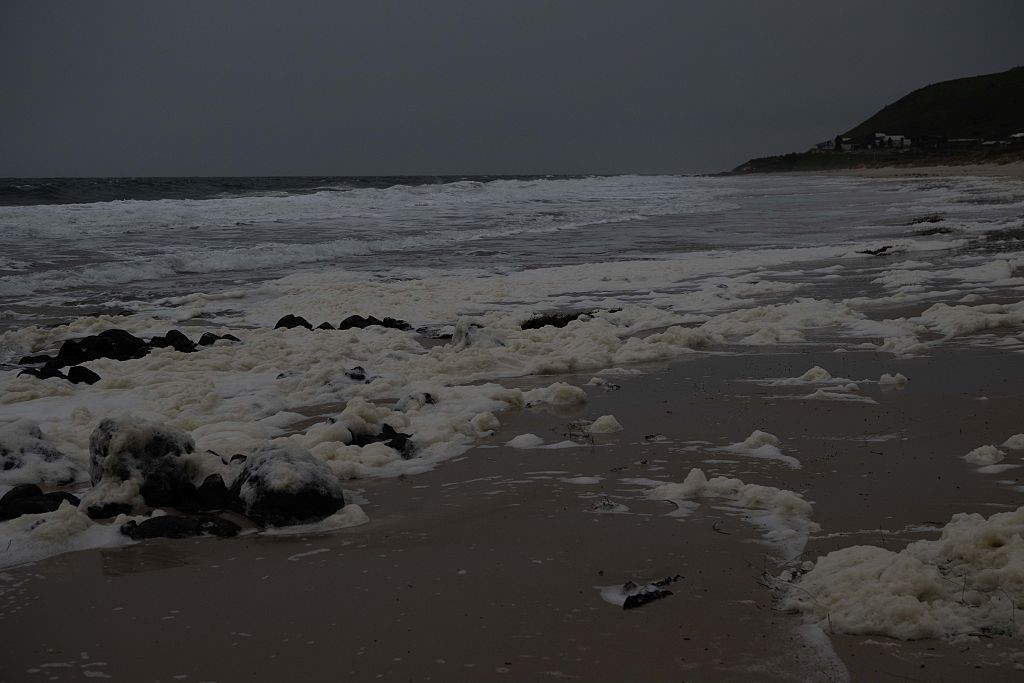Description

Disclaimer: Copyright infringement not intended.
Context
- Botswana’s President threatened to send 20,000 elephants to Germany. The statement came after Germany, earlier this year, proposed to enact stricter limits on the import of trophies from hunting animals.
Importance of the findings
- Botswana is home to around the world’s largest elephant population (roughly 1.3 lakh).
- While in the early 1960s, there were fewer than 10,000 elephants in the country, by the mid-1990s, the population had touched 80,000.
- Today, elephants inhabit about 40% of Botswana’s land.
Why are there so many elephants in Botswana?
Stable government, and a small human population:
- Botswana, unlike its neighbors, has been a haven for elephants due to its stable government, and small human population.
- For instance, after conflict-spurred mass poaching in Namibia and Angola, elephants, known to be highly intelligent creatures, stopped crossing the Chobe River, preferring to stay in the safer Botswana instead.
Strict conservation policies
- Botswana implemented strict conservation policies. When poaching incidents were on the rise in 2013, it announced a ‘shoot-to-kill’ policy targeting suspected poachers.
- Ban on trophy hunting
- The country also imposed a ban on trophy hunting — hunting that previously took place under an official government license.
Issues arising from the rising elephant population
- Rising Elephants forced the framers to abandon his trade because elephants constantly invaded his farm, and the compensation for the loss of crops from the government was insufficient.
- A large population of elephants also threatens other species and leads to significant biodiversity loss and habitat degradation as elephants tear down trees for fodder and consume large amounts of water, which can cause a decline in non-elephant wildlife.
.jpg)
Solutions:
Elephant Donations:
- Botswana has donated elephants to other countries. Last year, it gave away around 8,000 elephants to neighboring Angola, and, in 2022, it donated 500 elephants to Mozambique. The exercise, however, has not made a dent in the animal population.
Contraceptives:
- It is another solution to the problem but with more than one lakh elephants in Botswana, contraception is also not an option.
Trophy hunting:
- Trophy hunters prefer to kill the largest, strongest animals, whose loss causes population declines. Western countries and animal rights advocates, however, deem the practice to be unethical, and responsible for exacerbating the population decline of imperiled species.
- Also, In eight key African countries, trophy hunters contribute at most 0.03 percent of gross domestic product (GDP) and at most 0.76 percent of overall tourism jobs
Trophy hunting:
- Trophy hunting is the shooting of big game animals such as rhinos, elephants, big cats, and bears for one's pleasure. These animals are killed for their body parts to be displayed as ornaments to show off one's power and success in the hunt.
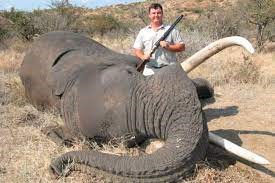
Source: https://indianexpress.com/article/explained/botswana-elephant-population-germany-9255371/
|
PRACTICE QUESTION
Q. Western countries and animal rights advocates, deem the practice of trophy hunting to be unethical, and responsible for exacerbating the population decline of imperiled species. However, the rising population of animals like Elephants in Africa has caused trouble for farmers and the general public. Critically analyze.( 250 wrods)
|






